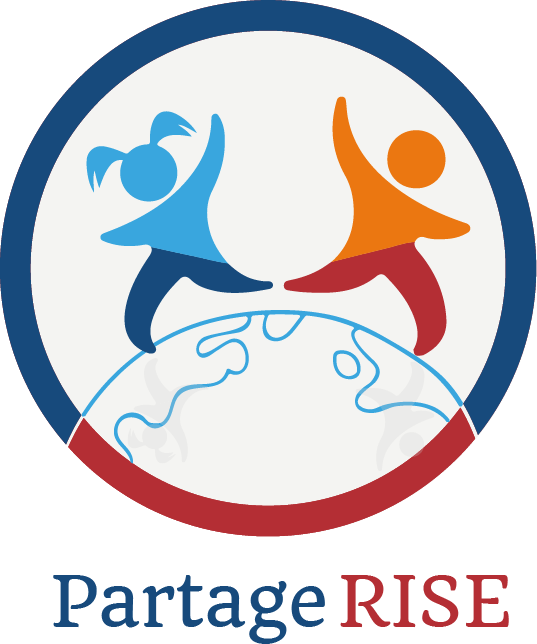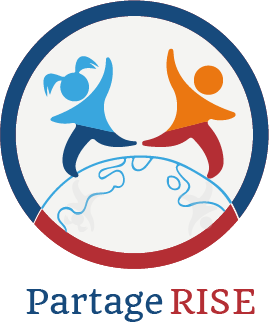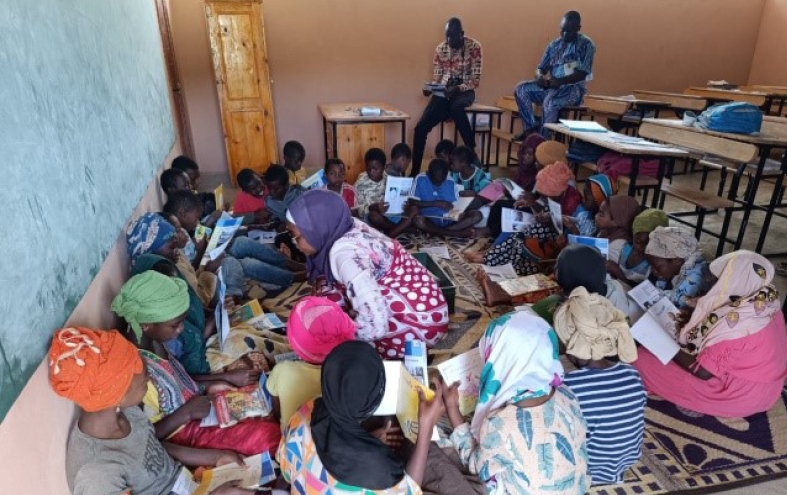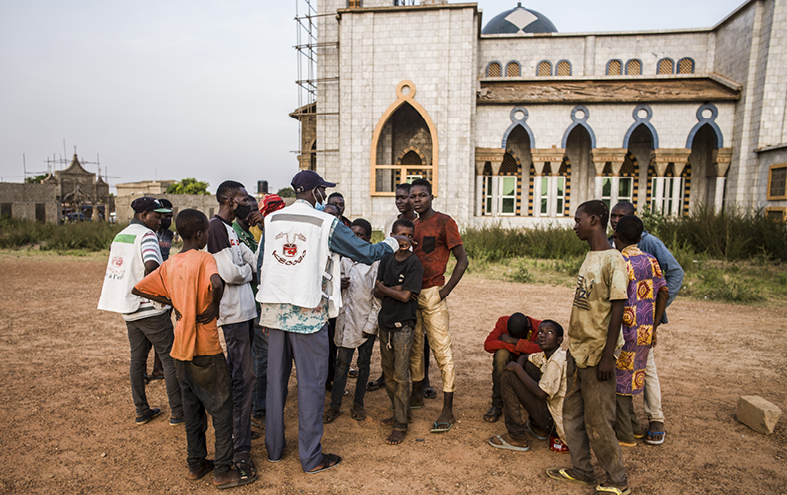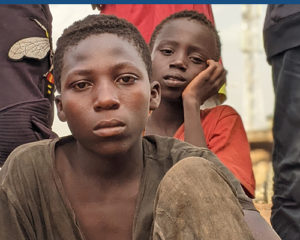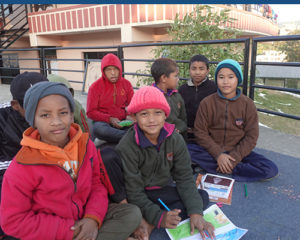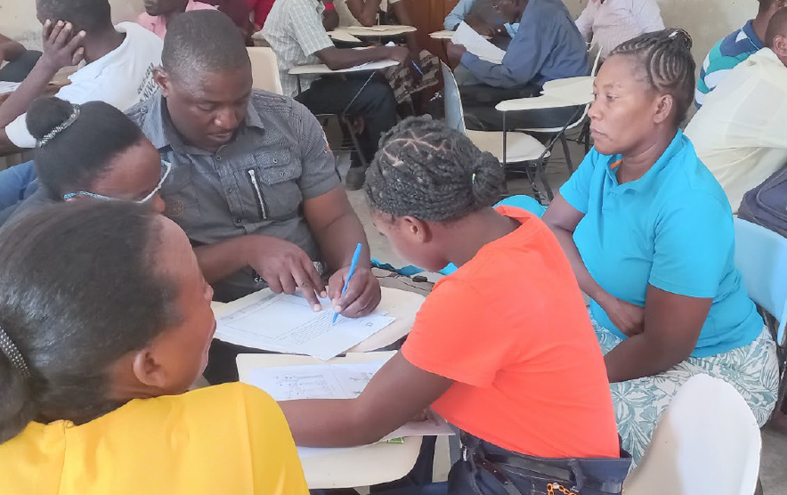As you already know, between September 2021 and February 2023, PARTAGE carried out a capitalization project on distance education, highlighting the innovative initiatives deployed by the players in the PARTAGE RISE network. A tool sheet on the theme of mobile libraries and the promotion of reading for pleasure was produced as part of the project.
In January 2023, a PARTAGE field mission to Benin provided an opportunity to discuss the reading support strategies implemented in the Collines department, the partner RACINES‘ area of intervention, and to present the main recommendations arising from the capitalisation work on reading pleasure. A few weeks later, in February 2023, RACINES attended the presentation of the tool sheet and reaffirmed its wish to strengthen its approach through the technical input of one of the NGOs with recognised experience in the field: the partner association MAEECHA, based in the Comoros.
This laid the foundations for future collaboration. Reading, the cornerstone of school learning, is often poorly mastered by pupils in the contexts in which our partners operate. Improving children’s reading skills is therefore a major challenge for improving the quality of teaching and giving meaning to learning. That’s why the exchange visit between RACINES, our partner in Benin, and the NGO MAEECHA, based in the Comoros, made so much sense.
After several months of preparation – logistical organisation and preparation of the programme of visits – a delegation of two representatives of the NGO RACINES, Mr Tobias GBAGUIDI, Head of the Programme Unit and Mr Vital AMOUSSOU, Assistant Fundamental Education and Educational Alternatives, visited the Nyumakele region, MAEECHA’s intervention zone in the Comoros, in November 2023 for 5 days. During this visit, the exchanges were rich and fruitful. Tobias and Vital had the opportunity to explore in depth the initiatives implemented by MAEECHA to promote reading for pleasure, and to learn how the mobile library and activities in the C2Ls (Reading and Leisure Centres) work. The meeting enabled the two organisations to share their experiences, their successes and the challenges facing each structure in their respective contexts.
On their return, the Beninese delegation and the Comorian hosts produced an evaluation sheet of the visit. Among the main lessons learnt, RACINES noted the importance of involving young people in reading activities, the need to mobilise more tools to attract children to the activities, and the importance of documenting and equipping each stage of a reading activity to ensure greater ownership by those involved in the field.
This visit between two of our partners demonstrates the importance of collaboration within the PARTAGE RISE network. It also illustrates the ability of our partners to inspire each other and create synergies to strengthen their impact. Beyond geographical borders, these meetings bear witness to a shared commitment to education for all.
A report on this exchange visit and its lessons learned will be available shortly!
